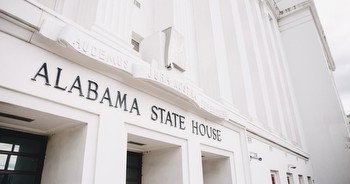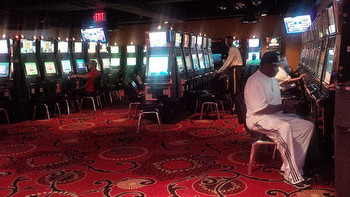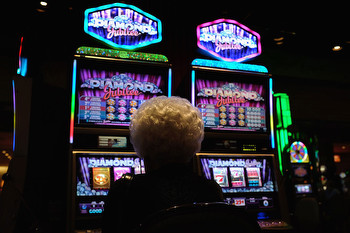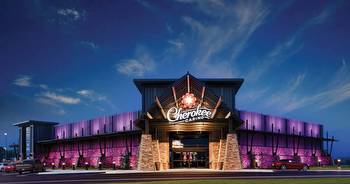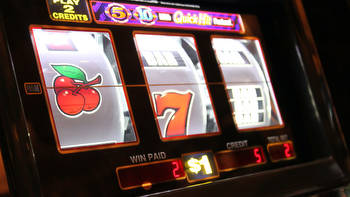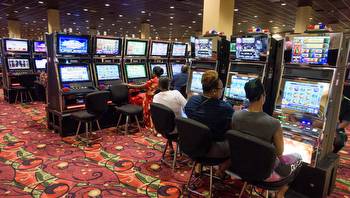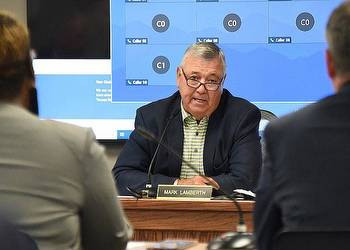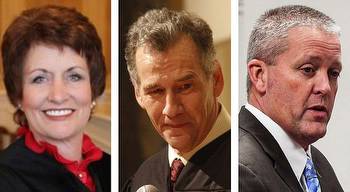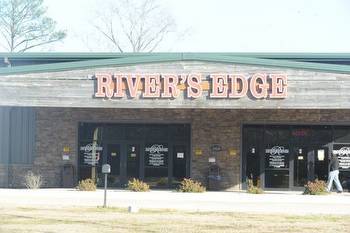Lowndes County leaders: Casino closures would be devastating
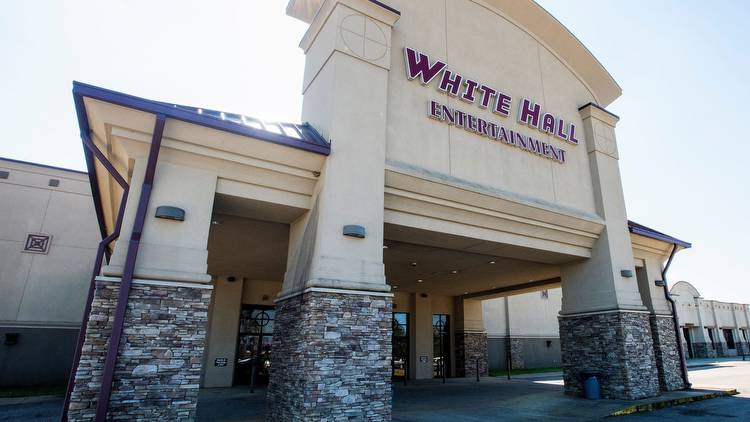
The fate of two Lowndes County casinos is hanging in the balance, and with it, nearly 100 jobs.
Local elected officials are worried. In a county with relatively little industry and tourist attractions, the casinos gave people jobs, made donations to local charities and brought in gamblers from down the street and counties over.
On the other hand, courts have interpreted Alabama’s murky gambling laws as prohibiting the type of gaming offered at the casinos, and Attorney General Steve Marshall called them “a menace to public health, morals, safety, and welfare.”
Lowndes County Commission Chairman Charlie King is one of the officials worried about the impact of the possible closure of White Hall Entertainment and Southern Star Entertainment.
“It would be a devastating blow,” King said in a phone interview on Tuesday. “You’re talking about 100 jobs, you know. In a county like Lowndes, losing 100 jobs, that’s a pretty big blow.”
It’s unclear for now when — or if — the casinos may be forced to close. Attorneys believe new action in the case has delayed the shutdown that seemed imminent after a late September Alabama Supreme Court ruling.
The Alabama Supreme Court dropped the hammer on White Hall, Southern Star and Macon County’s VictoryLand Casino on Sept. 30, unanimously ruling that the venues’ electronic bingo machines — which gamblers play nearly the same way as an electronic slot machine — constitute illegal gambling operations. The court instructed lower court judges to issue injunctions against the three casinos within 30 days that would bar them from operating electronic bingo machines.
Approaching that 30-day deadline, court records don’t show that any injunctions have been filed, likely because there’s a chance that ruling could change. The casinos’ attorneys requested a rehearing from the Alabama Supreme Court on Oct. 14, but the court hasn’t said whether it’ll hear the case again.
For now, things are mostly running as they were before in the Lowndes County casinos. Patrons continue to visit the businesses frequently, hoping they won’t be forced to shut down soon. If they do, some say they’ll just go somewhere else, like Barbara Smith, 74. If they shut down, she’ll just go down the road to Wind Creek in Montgomery.
Many of the older guests complain that if the businesses shut down, they won’t have anything to do.
With what many seniors feel are few options for recreation or entertainment, the casinos have basically turned into de-facto senior centers for some elderly residents. Barbara Smith, 79, has been going to the White Hall Entertainment since it opened.
“We need something to do. We older people need something to do,” she said.
John Webb, 79, said the same thing. He’s not married, so sometimes he gets out just to eat at White Hall’s café and see some people.
Smith, a retired schoolteacher, embraces the label of “gambler.” She goes for fun, but more importantly to her, just in case she wins.
If Smith were to leave the casino profitable on a regular basis, she would obviously be an extreme outlier. Critics of gambling often point to the fact that casinos prey on people with low incomes like those in Lowndes County, where the median household income is nearly $20,000 less than the state average. A breadth of research has shown that gambling problems are felt more severely among those in poverty.
But supporters have a different view, touting the casinos’ roles as job engines, donors to local charities and tourist attractions. Jerry Allred, a floor manager at Southern Star, estimated that the business made about $10,000 in contributions last year to the county’s school system and local charities, and he said the business has also supported local law enforcement with donations.
It was not lost on the casinos’ attorneys that a majority of residents in Lowndes and Macon counties are Black. Faya Ora Rose Toure, counsel for White Hall Entertainment, criticized the Alabama Supreme Court’s legal reasoning in a request for rehearing submitted to the Alabama Supreme Court on Oct. 21, writing that “the analogies made by the State and this Court make one think it is ruling based on beliefs and laws of the Jim Crow era and worse.”
“This Court’s September 30k (sic), 2022 ruling is a transparent policy aimed at imposing a system of injustice in order to intentionally perpetuate and further the separate and unequal treatment of majority Black, poor counties and their citizens in Alabama as has been done throughout history now to the present day,” the rehearing application states.
Officials also feel that the county is losing a right to something that residents consented to and approved. In 2000, Lowndes County voters OKed an amendment to allow charity bingo games in the town of White Hall.
Robert Harris, a Lowndes County commissioner whose district is home to both White Hall and Southern Star Entertainment, said the state “is taking their votes away.”
“If it was voted upon by a majority, and it was, and it became lawful, then what became the problem?” Harris said in a phone interview on Wednesday.
But the Alabama Supreme Court has consistently ruled for years that electronic bingo does not satisfy the state’s definition of bingo. (Complete with a six-part checklist.)
“It is the latest, and hopefully the last, chapter in the ongoing saga of attempts to defy the clear and repeated holdings of this Court beginning in 2009 that electronic machines like those at issue here are not the 'bingo' referenced in local bingo amendments,” the court wrote in 2016.
Still, Harris said he feels like Lowndes County is being singled out — there are other casinos with electronic bingo, after all, he says — since Lowndes might not be able to fight back the way wealthier counties could.
In response, Mike Lewis, spokesperson for the Alabama Attorney General’s Office, sent back a list of litigation brought against electronic bingo operators in the state. None, however, have shut down in recent years like White Hall, Southern Star and VictoryLand may be forced to.
If the request for a rehearing is denied and courts issue an injunction forcing White Hall to stop operating, Shimeka Richardson said she’ll cry on her ride home. Richardson, 34, has worked at the casino for over a year, and it’s her favorite job she’s ever had. And it’s how she feeds her family.
“It’s my home away from home,” Richardson said. She loves her boss, co-workers and all the regulars that spend their time there. “If they take this away, it’s going to hurt a lot of people.”
Your subscription makes our journalism possible. .








